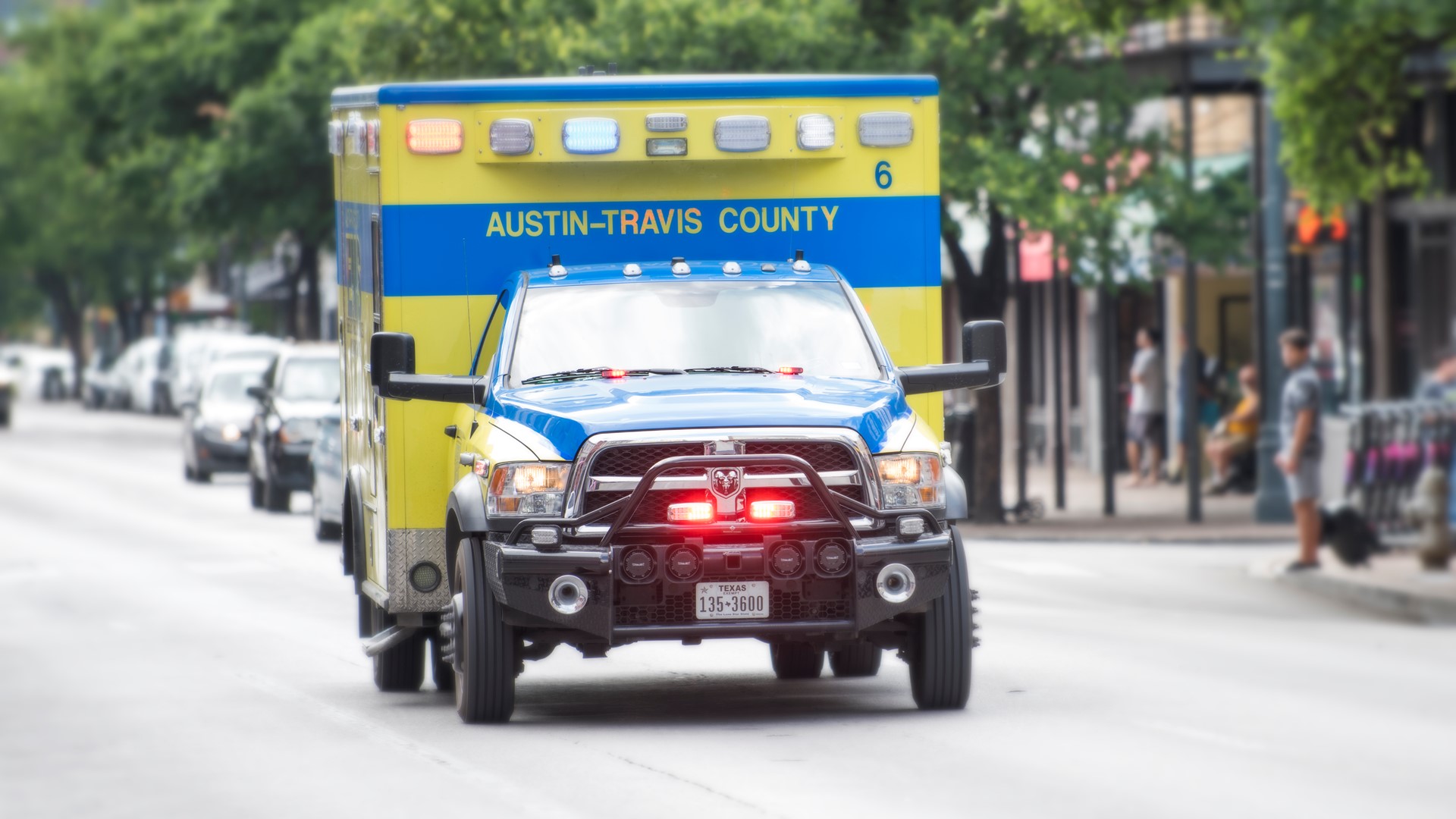AUSTIN, Texas — The City of Austin on Tuesday announced plans for increased salary adjustments for 911 call takers and police dispatcher staff.
The city said these efforts, on top of stipends and the development of a citywide recruitment campaign, aim to help retain employees and fill existing vacancies at the Austin Police Department's emergency call center.
"In an emergency, every second counts and our goal is to get callers the help they need as quickly as possible," said Austin City Manager Spencer Cronk. "The best way to reduce call wait times is to get more operators to answer calls. I want to reassure the community that retaining and recruiting more operators and dispatchers for our emergency call center is a top priority."
These salary adjustments are expected to be implemented before the end of 2022 and follow a review requested by APD Chief Joseph Chacon. He also noted a list of other actions taken by Austin leadership over the past few months to help address the issue of operator retention and call volume
"Those actions include delivering significant pay raises between March and September following a market study and pay scale adjustments related to the implementation of the $20 living wage. Entry pay for 911 Call Takers increased by 26% (to $22.85 per hour) over that time and entry pay for Police Dispatchers rose by 35% (to $24.42 per hour)," the city wrote in a press release.
For most existing employees, pay has already increased by an average of 13.6%. And, as of September, 100% of 911 call takers and 98% of police dispatchers with the APD were earning more than the market media, based on similar cities. Around 33% – 37% of call takers and 31% of dispatch were placed in the highest-paid quartile of the market rate for their positions.
In addition, the city said a stipend was implemented and renewed for fiscal year 2023 to pay employees with a Texas Commission on Law Enforcement (TCOLE) Telecommunicator Certification an extra $1,800 annually.
"This measure benefits all employees working as 911 Call Takers or Police Dispatchers, who are required by state law to have a current TCOLE certification," the release states.
Following a recent market study, Austin's Human Resources Department (HRD) found a steady increase in applicants for both roles following the living wage increases and stipend. However, the number of those hired has failed to rise at the same rate as this increase.
"The city recognizes that more must be done to address ongoing vacancy rates," the city noted. "As of Oct. 10, 2022, there remained 49 vacancies for 911 call takers and 21 vacancies for police dispatchers."
One factor that has led to this ongoing issue is that the length of time it takes to get a call taker or dispatcher fully trained - the process can take several months. Additionally, there are other requirements that must be met before one can become hired, including a criminal background check, a drug test and a psychological evaluation.
As a result of Chacon's request, the HRD analyzed pay bands, or "zoning," of existing emergency call center employees. The department is now recommending that staff salaries should be placed in, or returned to, the one they were in before the implementation of the recent $20 hourly living wage and pay scale movement.
The city said that these changes will lead to more pay for some employees. The changes will also be reviewed with staff before they are implemented, and are expected by the end of December.
The HRD also met with the APD to discuss hiring practices for these positions, how to streamline the hiring process, and how to include more applicants in that process by excluding fewer applicants early in the review process. These conversations remain on-going, the city said.
“Our Emergency Call Center is essential to safety in our community,” said Chacon. “I will do whatever is necessary to address the issues.”
The city outlined the following steps already underway to help address staff shortages and wait times:
- Previously mandatory overtime has been reduced to provide emergency call center employees with a better work-life balance and stem the flow of departures.
- APD Sergeants are now offered optional overtime to come in on their days off to answer calls.
- HRD and the City of Austin’s Communications and Public Information Office is developing a Citywide recruitment campaign to promote job opportunities focusing first on 911 Call Takers and Dispatchers, among other roles with high vacancy rates.
The city also noted that it is aware that some 911 callers are being placed on hold before their request for help is answered, adding that two out of every three calls are being answered within 15 seconds.
"The city’s advice to anyone placed on hold is 'do not hang up.' Hanging up will delay the ability of a 911 Call Taker to answer an emergency call. Second, callers should try to remain calm and be prepared to provide their name, location and nature of the emergency," the release states.
The difference between a 911 call taker and a dispatcher is that call takers are civilian employees that gather importance information to ensure that emergency services arrive as quickly as possible with key intelligence. Dispatchers assign emergency calls to police officers in the field, in addition to performing computer clearances and information searches, relaying that call information through direct radio communications to officers.
PEOPLE ARE ALSO READING:

